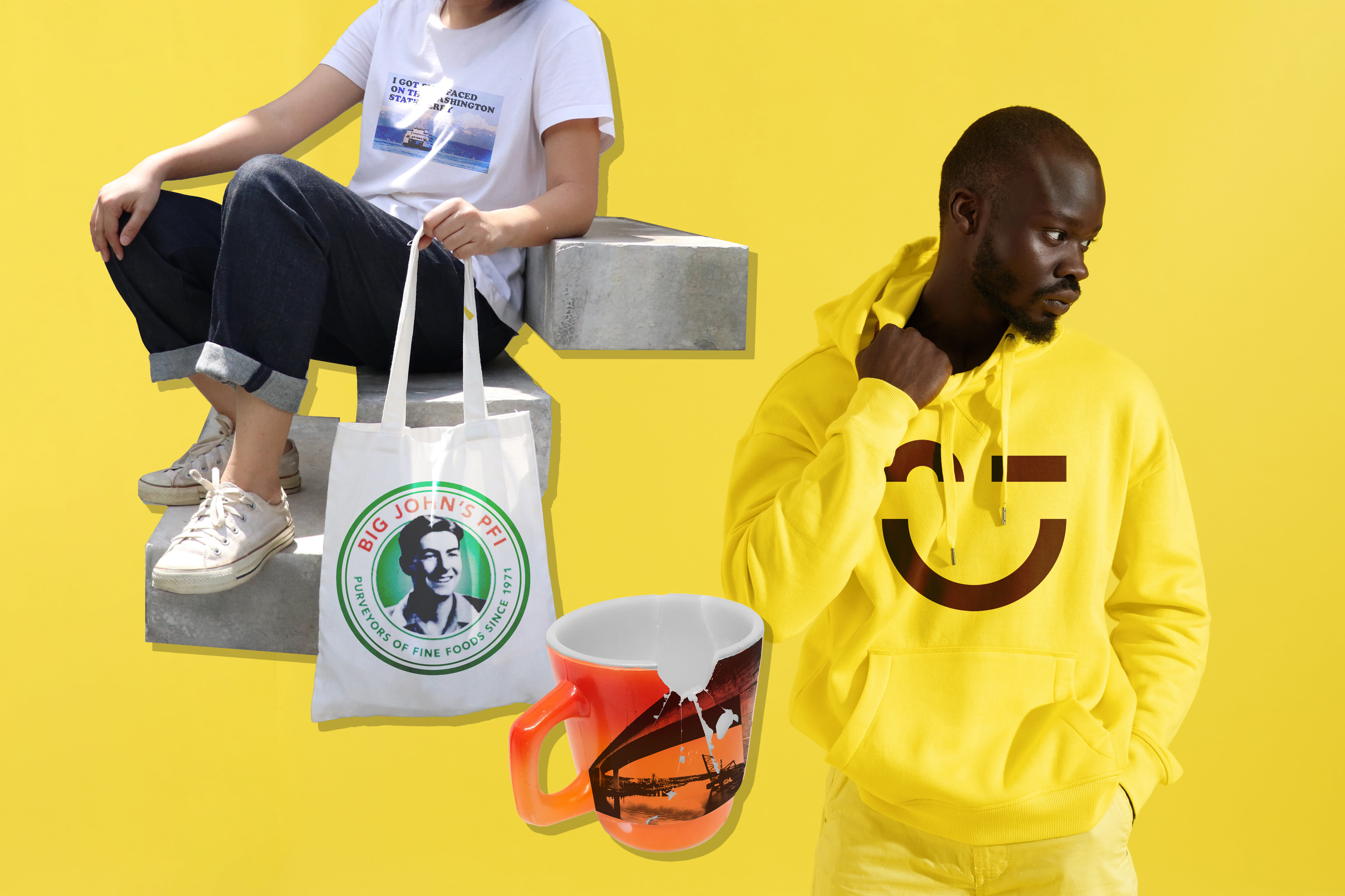It's Pretty Rich to be Accused of Living in a Bubble by Voters Who Just Endorsed Building a Wall
The rap on people who live in Seattle is that we live in a blue bubble. And yes, while we have internecine political differences—should our next U.S. rep be the lefty, gay Cuban-American man or the South Asian progressive woman? Should a carbon tax have to pay for environmental investments? Indica or Sativa?—there’s no doubt we’re living in a monolithic progressive frame.
I don’t want to downplay Seattle’s internal political differences. The passionate fights over how best to address homelessness, the education achievement gap, affordable housing, parking, neighborhood density, police reform, and, yes, an NBA stadium, are real and represent divergent world views. They do.
For example, just this week, there's disagreement over how to fund affordable housing. Six city council members proposed using $29 million in city bonding capacity to build more affordable housing. But the gay liberal mayor opposed it, arguing that he’d already passed a $290 million affordable housing levy and is currently ushering through requirements on developers to build affordable housing. He argued that the bonding money was needed for other priorities like social services. Meanwhile, Seattle’s socialist city council member (people who aren’t from Seattle who may be reading this post just wet their pants) has a housing plan of her own that uses $149 million in available bonding capacity for affordable housing because no new police fortress.
So yes, we live in a bubble. But here’s the thing about our bubble, where we squabble over the best way to fund affordable housing: It’s actually not monolithic at all. Homeowners, renters, whites, blacks, Latinos, Asians, immigrants, gays, transgender people, Christians, Jews, Muslims, wealthy people, middle class people, working class people, poor people, the homeless, college students, software engineers, waiters, Boeing engineers, artists, small business owners, service industry workers, nurses, teachers, lawyers all live and work here. And we drive to work, walk to work, bike to work, take the bus or ride light rail to work. We go out a lot. And we stay home and watch Hulu a lot.
Like every other major city in the country right now that Trump voters are accusing of being elitist bubbles, Seattle’s bubble is actually loaded with cultural and lifestyle differences. By the way, we also have a Super Bowl champion NFL team with maniacal fans. Soccer team too.
Of course, our rejoinder is that you guys are the ones in the bubble. (And in fact, the popular vote appears to be going for Hillary Clinton, so you could also argue that our bubble is bigger, and therefore your bubble has a disproportionate amount of influence.)
But I want to make a different point. There’s a false equivalency to arguing that we’re all stuck in our own bubbles, and so we’re all equally narrow minded as we look down our noses at one another.
The animating feature of cities is that they are about inclusion.
Do the small town bubbles actually contain the wealth of cultural and lifestyle differences that exist in Seattle’s bubble?
It’s impossible to ignore that the central feature of Trump’s campaign was exclusion: Barring Muslims from moving to America, administering a values test to immigrants (doesn’t a test like that prove that Donald Trump gets an F on the basics of American values), and most notably, building a wall with Mexico.
Being accused of living in a bubble by a voting bloc that is itself advocating living in a bubble is like having, well, Donald Trump accuse protesters of being divisive.
If you noticed that I’m coloring my analogy with a bit of blame, you’re right. Part of the reason cities are so diverse is because people that move to cities don’t feel welcome in small towns.
The metaphor of a bubble is that it’s closed. But that metaphor bursts when you realize the reality of cities: They are welcoming. Damn if I want the new metaphor for America to be a wall, but it's kind of starting to feel appropriate.




